In a city better known for its finance and culture, London’s chip companies are quietly driving a tech revolution. These firms are designing the processors, wireless modules, AI engines, and display technologies that power everything from smartphones to self-driving cars.
As demand for intelligent, connected devices accelerates globally, London has positioned itself as a strategic centre for innovation in semiconductor design and development.
Unlike traditional chipmakers focused on large-scale fabrication, most of these London-based companies operate in the fabless model licensing intellectual property, specialising in edge-AI, or developing flexible electronics for future-ready devices.
With strong links to top universities, access to global capital, and deep talent pools, London is now home to some of the UK’s most important players in the semiconductor space.
This curated list highlights the top 10 chip companies in London, offering a snapshot of who’s shaping the future of microelectronics in one of the world’s most dynamic tech hubs.
What Are Chip Companies and Why Are They Important to London’s Tech Scene?

Chip companies, often referred to as semiconductor firms, are foundational to the modern digital economy. These companies design and develop the microchips that power nearly every electronic device from smartphones and laptops to automobiles, medical equipment, and industrial systems.
In London, chip companies are vital to the broader UK tech ecosystem. They not only support innovation in electronics but also fuel advancements in artificial intelligence, 5G communications, and next-generation computing.
London has emerged as a key player in this space, offering an ideal combination of academic excellence, investment opportunities, and global connectivity.
The capital is home to several innovative chip design firms that contribute to global markets through proprietary architectures, intellectual property licensing, and cutting-edge semiconductor research.
How Has the Chip Industry Evolved in the UK?

The UK semiconductor industry has undergone a significant transformation over the last few decades. Originally rooted in manufacturing and fabrication, the focus has gradually shifted toward high-value intellectual property development and system-level chip design.
This move towards a “fabless” model where companies focus solely on design and outsource manufacturing to specialised foundries has helped the UK remain competitive despite the high capital requirements of chip fabrication.
London, in particular, has leveraged this transition effectively. As the heart of the UK’s financial and research landscape, it attracts both established semiconductor leaders and innovative startups.
The city has cultivated a talent-rich environment that enables chip designers to collaborate with universities, access venture funding, and bring state-of-the-art technologies to market.
What Makes London a Strategic Hub for Semiconductor Companies?
![]()
Access to Skilled Talent and Academic Institutions
London’s leading universities such as Imperial College London and University College London consistently produce world-class engineers, physicists, and computer scientists. These institutions also collaborate directly with chip companies on research and development projects, ensuring a dynamic flow of innovation between academia and industry.
Strong Financial Infrastructure
As Europe’s financial centre, London offers chip companies access to venture capital, private equity, and strategic investors. This robust investment climate allows startups to scale faster and enables mature companies to expand their R&D operations.
Supportive Policy and Trade Network
Government support in the form of innovation grants, R&D tax credits, and strategic initiatives like the UK’s £1 billion semiconductor strategy further enhances London’s attractiveness. Additionally, the city’s international trade connections simplify the global supply chain and facilitate cross-border collaborations.
Who Are the Top 10 Chip Companies in London?
1. Imagination Technologies – “Powering the Visual Future”
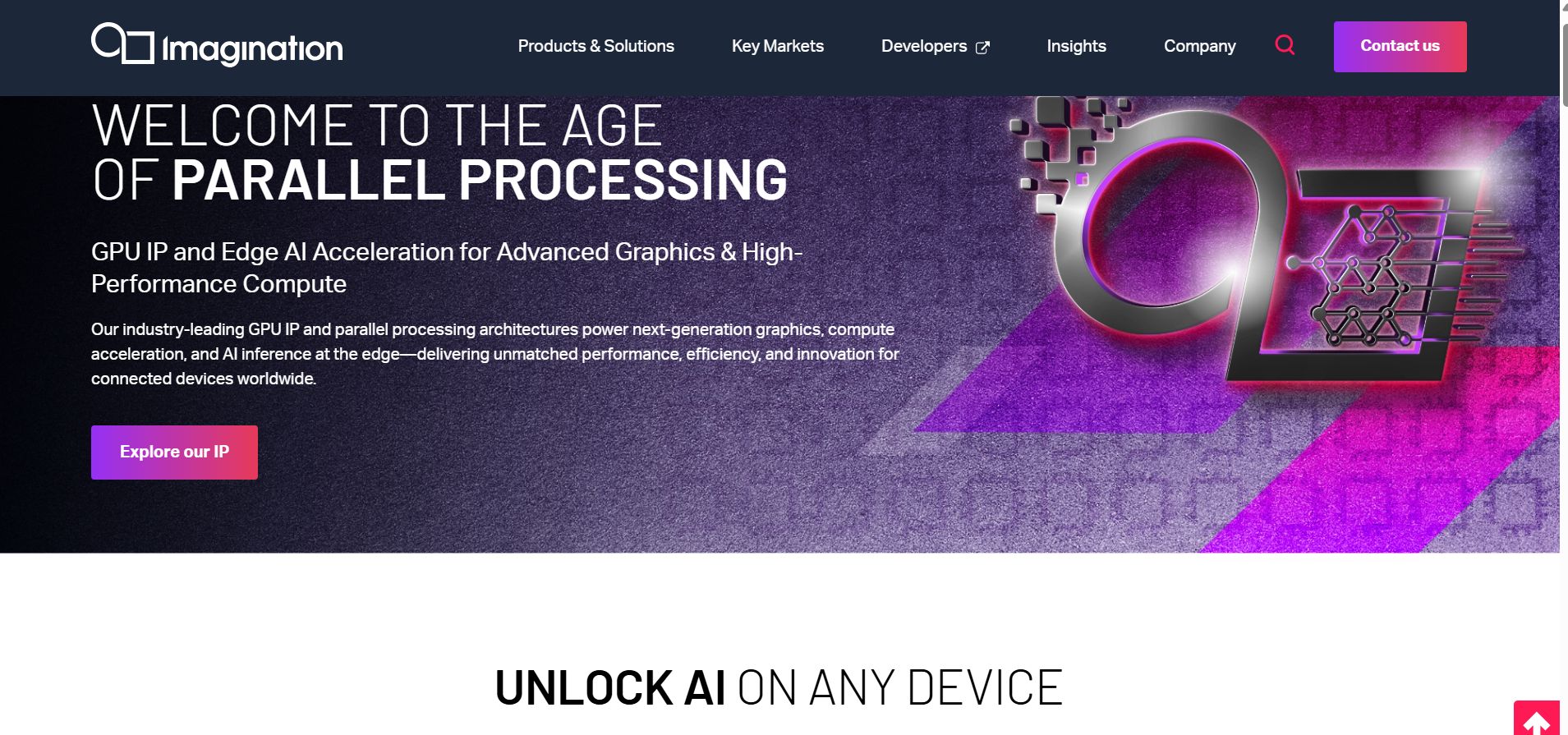
Imagination Technologies is a veteran in chip IP design, offering graphics and neural processing units used in smartphones, cars, and IoT devices. Known for their PowerVR GPU cores, they deliver scalable and power-efficient performance for real-time rendering and compute-heavy tasks.
Their neural network accelerator series, designed for AI at the edge, provides high-speed inferencing with low latency and power consumption. With a solid foothold in Asia and Europe, Imagination continues to be a global force in advanced semiconductor IP.
Area of Expertise
Visual processing and embedded AI acceleration
Best Application
Autonomous vehicles, smart displays, and mobile gaming
Pricing: Licensing-based, varies by use-case and scale
- Website: https://www.imgtec.com
- Phone: +44 (0)1923 260511
- Address: Imagination House, Home Park Estate, Kings Langley WD4 8LZ
- Email: info@imgtec.com
★ ★ ★ ★ ★
“Imagination Technologies’ IP made our embedded AI vision project not only feasible but highly efficient.”
2. ARM Holdings – “The Brains Behind Billions of Devices”
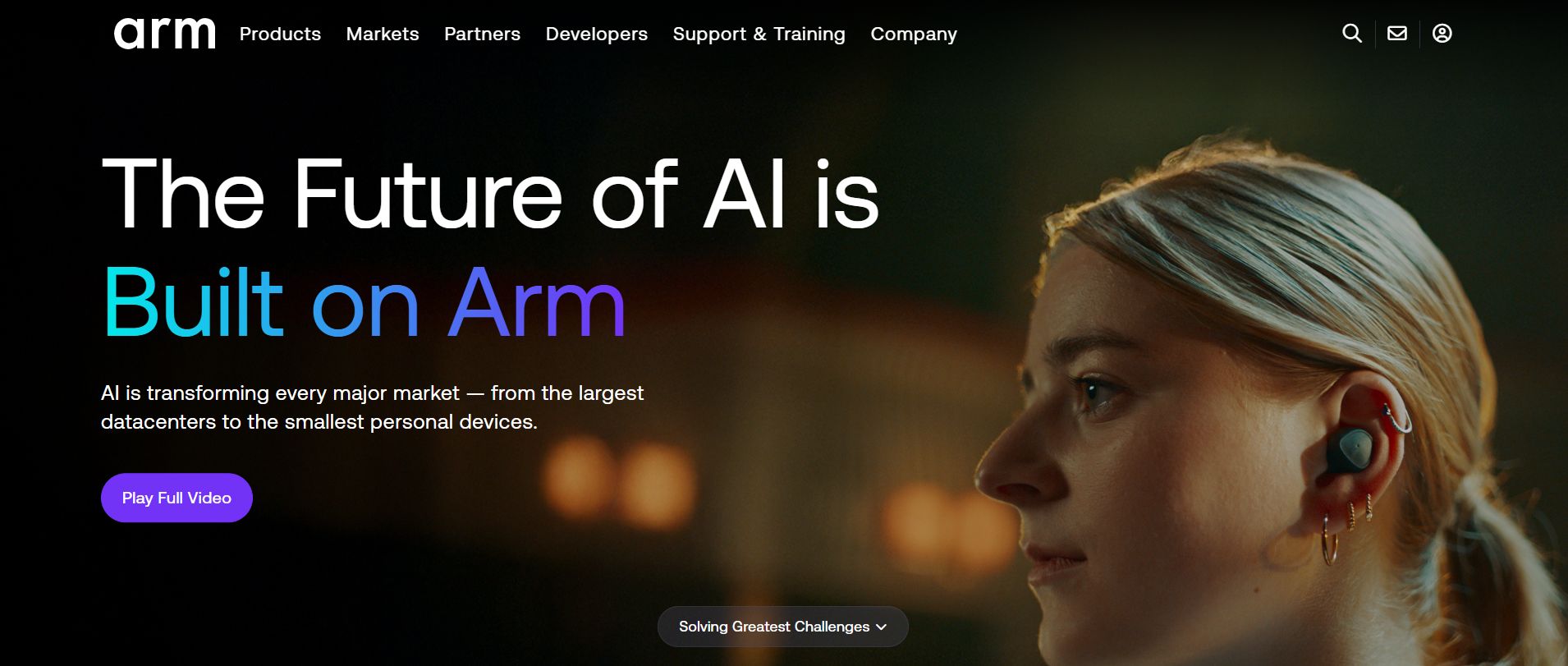
ARM Holdings is one of the world’s most influential semiconductor firms. Though headquartered in Cambridge, its London presence focuses on strategic R&D and commercial operations.
ARM licenses low-power processor architectures that are found in 95% of the world’s smartphones. Their scalable CPU cores power everything from IoT devices to data centre processors. ARM’s business model, which revolves around IP licensing, allows companies to build custom chips with proven architectures balancing flexibility, performance, and energy efficiency.
Technical Focus
Processor architecture and system-on-chip design
Optimal Usage
Low-power computing, IoT infrastructure, and smart devices
Pricing: Custom pricing based on licensing terms
- Website: https://www.arm.com
- Phone: +44 (1223) 400 400
- Address: 110 Fulbourn Road Cambridge, UK CB1 9NJ
- Email: enquiries@arm.com
★ ★ ★ ★ ★
“Their scalable IP helps startups and enterprises alike build world-class chips without owning a fab.”
3. XMOS – “Voice Interfaces that Think Fast”
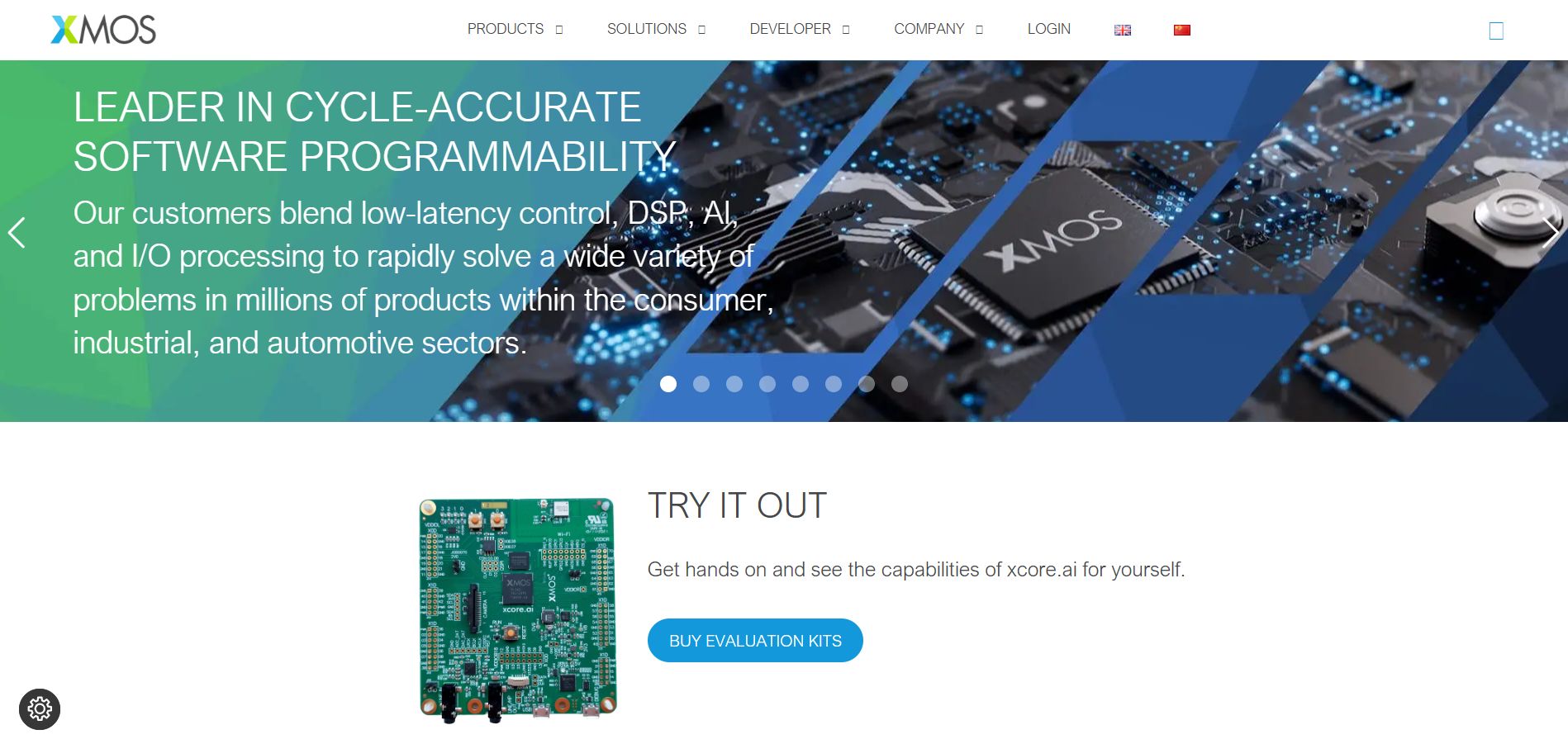
XMOS is a leader in edge-AI chips and voice interface processors. Their multicore microcontrollers and xCORE.ai solutions are ideal for applications requiring accurate, real-time interaction like smart speakers, industrial automation, and connected sensors.
XMOS chips combine high-speed processing with flexible I/O to create intelligent interfaces that listen, analyse, and respond with near-zero latency. Based in Bristol, the company has a growing engineering presence in London supporting international clients.
Niche Capability
Real-time voice processing and AI on the edge
Ideal For
Voice-enabled IoT products, smart automation, and retail tech
Pricing: Developer kits start at approx. £50; licensing available
- Website: https://www.xmos.com
- Phone: +44 (0)117 927 6000
- Address: 1 Glass Wharf, Bristol BS2 0EL (London team remote)
★ ★ ★ ★ ☆
“We embedded XMOS voice chips into our automation system, and the results were seamless and fast.”
4. Graphcore – “Intelligence Inside, Reinvented”
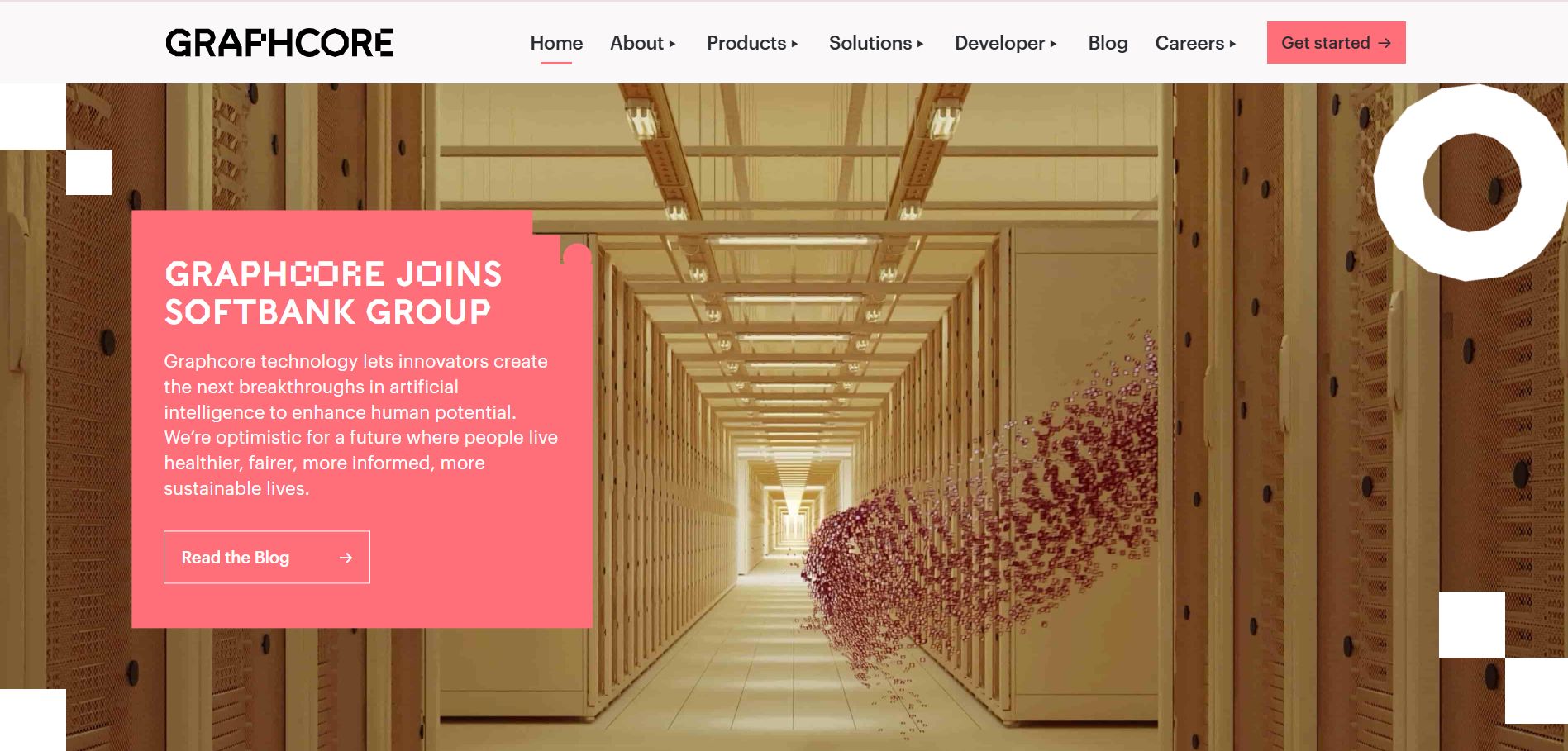
Graphcore has become a powerhouse in AI hardware thanks to its IPU (Intelligence Processing Unit) a processor built specifically for AI and machine learning. Unlike traditional GPUs, the IPU handles parallel data in a way that’s ideal for deep learning tasks.
With over $700M in funding, Graphcore works with cloud providers, research labs, and OEMs to accelerate AI workloads across sectors. Its London office handles product development and global strategy.
Core Discipline
Artificial Intelligence hardware design
Perfect For
Deep learning, high-performance AI training and inference
Pricing: Enterprise solutions available upon request
- Website: https://www.graphcore.ai
- Phone: 0117 214 1420
- Address: 11-19 Wine Street, Bristol BS1 2PH UK
- Email: info@graphcore.ai
★ ★ ★ ★ ★
“Graphcore’s IPUs redefined what’s possible with deep learning at scale.”
5. FlexEnable – “Reimagining Electronics in Every Shape”

FlexEnable is revolutionising the chip landscape with organic electronics that are lightweight, flexible, and bendable. Their proprietary organic thin-film transistor (OTFT) technology enables curved displays and wearables that adapt to new product designs.
Operating from a base in Cambridge with business development in London, FlexEnable’s solutions are especially attractive to consumer electronics and automotive industries looking to innovate in form factor.
Technical Edge
Organic semiconductor and flexible circuitry
Best Use Cases
Wearables, foldable devices, automotive dashboards
Pricing: Custom technology licensing
- Website: https://www.flexenable.com
- Phone: +44 (0)1223 706000
- Address: 34 Cambridge Science Park Cambridge CB4 0FX
- Email:info@flexenable.com
★ ★ ★ ★ ☆
“Their tech helped us develop the thinnest, curved display module in our product line.”
6. Dialog Semiconductor – “Efficient Power at Your Fingertips”
![]()
Now under Renesas, Dialog Semiconductor remains active in London developing advanced analog and mixed-signal chips. Their power management ICs, BLE modules, and configurable microcontrollers serve markets ranging from smartphones to industrial automation. The firm’s ability to produce ultra-low power solutions has earned them global recognition in mobile and IoT circles.
Primary Competency
Power management and mixed-signal design
Key Industries
Wearables, smart appliances, low-energy electronics
Pricing: Varies based on customisation and volume
- Website: https://www.renesas.com/en
- Phone: +44 (0)1793 757700
- Address: 2A, Pagoda Park, Westmead Dr, Swindon SN5 7UN
- Email: info@diasemi.com
★ ★ ★ ★ ☆
“Our product battery life doubled after switching to Dialog’s PMIC.”
7. Sondrel – “Custom Silicon Solutions from Concept to Creation”
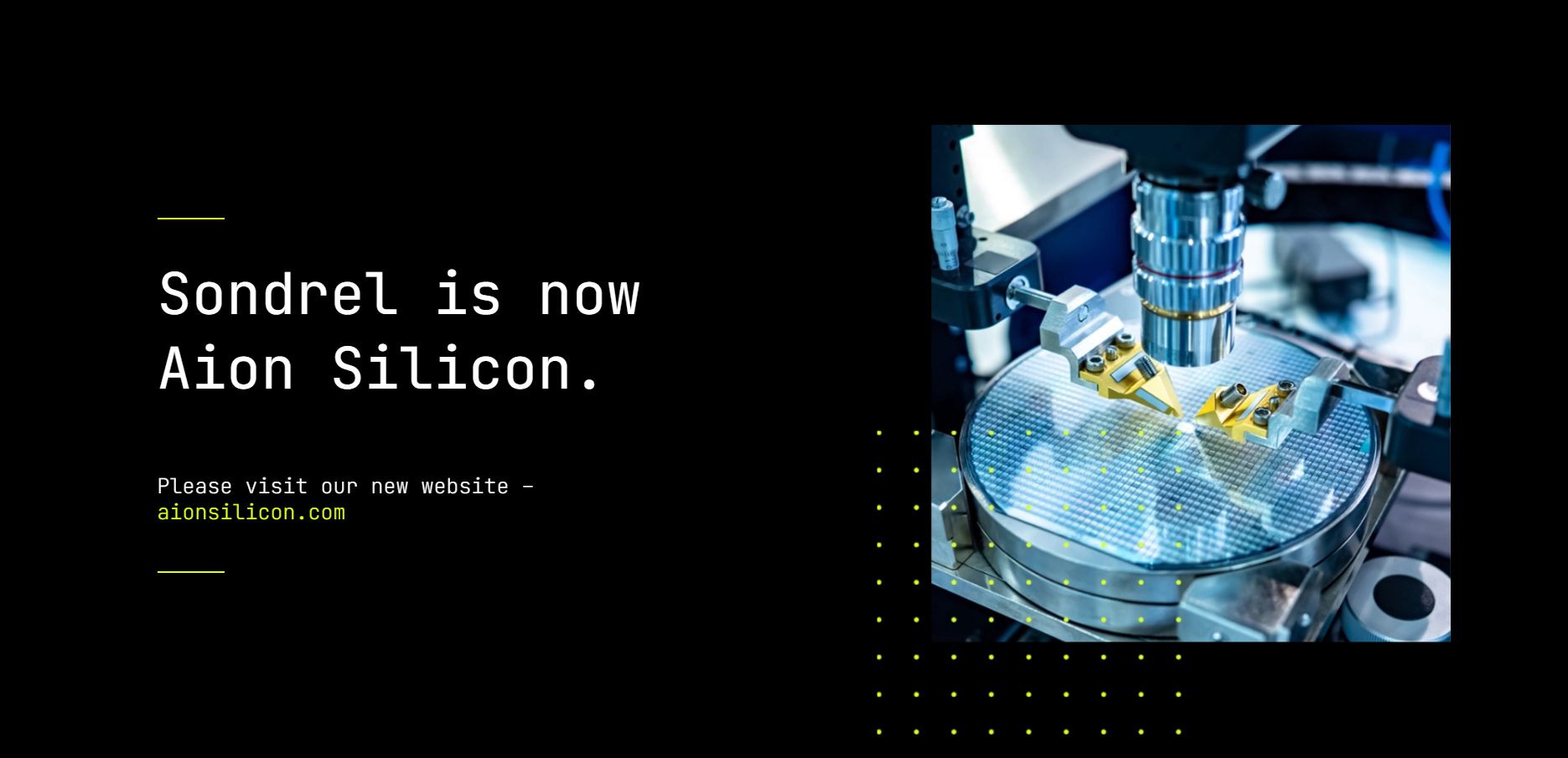
Sondrel is a silicon design consultancy known for handling the most complex ASIC and SoC projects in Europe. From architecture to manufacturing handoff, they deliver tailored semiconductor solutions for clients in automotive, networking, and AI.
With a satellite team in London, Sondrel supports clients who need high-end custom chip development without building internal design teams.
Sector Strength
Turnkey ASIC and SoC engineering services
Target Clients
High-spec custom silicon, automotive, industrial systems
Pricing: Customised by project scope
- Website: https://www.sondrel.com
- Phone: +44 (0)118 983 8550
- Address: 33 Great Portland St, London W1W 8QG,United Kingdom
- Email: sales@sondrel.com
★ ★ ★ ★ ★
“Their design accuracy and speed made us a repeat client.”
8. Ceva Inc. – “Wireless Technology That Moves the World”

Ceva Inc. provides IP cores for wireless communication, including Bluetooth, Wi-Fi, 5G, and audio DSP. Their London R&D team contributes to global innovation in connectivity solutions found in billions of smartphones, wearables, and automotive systems.
Ceva licenses its technology to semiconductor vendors looking to integrate proven wireless capabilities without starting from scratch.
Main Expertise
Wireless and connectivity IP solutions
Best Usage
Mobile chipsets, IoT modules, automotive networking
Pricing: Licensing available; contact for enterprise rates
- Website: https://www.ceva-dsp.com
- Phone: +44 (0)20 7067 9840
- Address: 20 Eastbourne Terrace, London W2 6LG
- Email: sales@ceva-dsp.com
★ ★ ★ ★ ☆
“Seamless integration and top-notch support made Ceva the obvious choice.”
9. UltraSoC (Siemens EDA) – “Smarter Chips Through Embedded Insight”
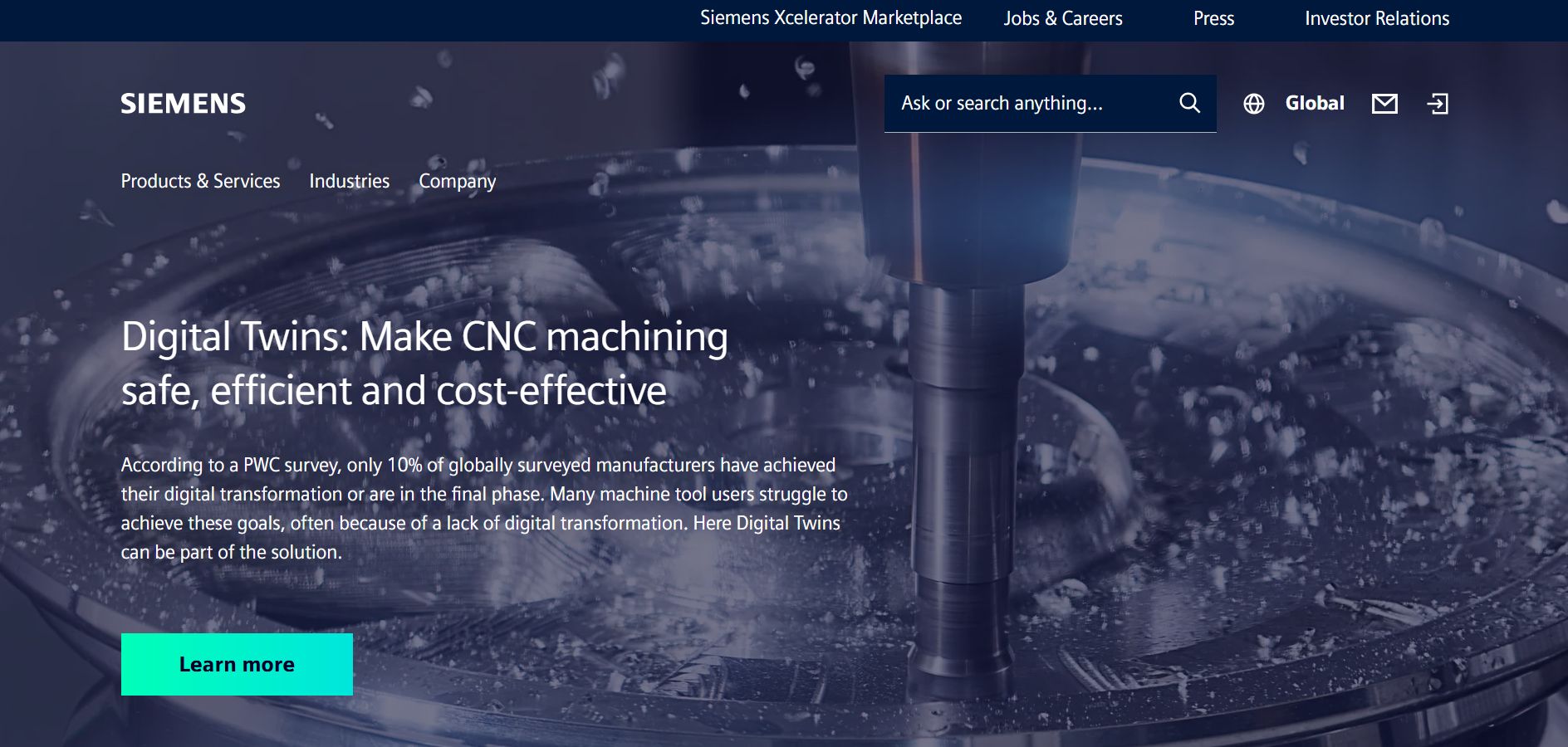
UltraSoC, now part of Siemens EDA, provides embedded analytics tools that monitor chip behaviour in real-time. This helps improve debugging, security, and power efficiency in SoC designs. Their technology supports a range of applications from automotive safety systems to enterprise-class processors helping engineers optimise chips post-silicon.
Core Focus Area
In-chip analytics and security monitoring
Perfect Projects
SoC diagnostics, cybersecurity, performance tuning
Pricing: IP licensing based on SoC size and integration level
- Website: https://www.siemens.com/
- Phone: +44 (0)1223 223007
- Address: 3 Charles Babbage Rd, Cambridge CB3 0GT
- Email: contact@ultrasoc.com
★ ★ ★ ★ ★
“UltraSoC gave us deep visibility into our chip’s performance in real-world use.”
10. Plessey Semiconductors – “Lighting the Future with MicroLED”
![]()
Plessey is a leader in microLED and gallium nitride (GaN) technologies. While its core facilities are outside London, its commercial team actively engages partners in the capital. Plessey’s innovations support high-brightness, ultra-efficient displays used in AR/VR, automotive, and industrial lighting. Their microLED platform is compact, efficient, and scalable for next-gen optics.
Distinguishing Area
MicroLED and compound semiconductors
Usage Strength
AR/VR headsets, optical sensing, industrial lighting
Pricing: Custom licensing and development partnerships
- Website: https://www.plesseysemiconductors.com
- Phone: +44 (0)1752 693000
- Address: Tamerton Rd, Roborough, Plymouth PL6 7BQ
- Email: sales@plesseysemi.com
★ ★ ★ ★ ☆
“Plessey’s microLED quality was a turning point in our AR project.”
What Services and Technologies Do These Chip Companies Offer?
Each of these London-based chip firms contributes unique expertise to the semiconductor landscape. Some are focused on intellectual property for CPU architectures or wireless communication, while others specialise in emerging fields such as AI acceleration or flexible electronics. The table below summarises their core focus:
| Company | Main Focus | Key Technologies |
| Imagination Tech | GPU and AI accelerator IP | PowerVR GPU, Neural Network Accelerators |
| ARM Holdings | Processor and architecture IP | ARM Cortex, ARM Neoverse, ARM Mali |
| XMOS | Voice and edge-AI processing | xCORE processors, AI inference engines |
| Graphcore | AI chip architecture | Intelligence Processing Units (IPUs) |
| FlexEnable | Flexible electronics | Organic TFT, bendable displays |
| Dialog Semiconductor | Mixed-signal and power management ICs | PMICs, BLE chips, Audio Codecs |
| Sondrel | ASIC/SoC design consultancy | High-complexity chip development services |
| Ceva Inc. | Wireless communication IP | Bluetooth, Wi-Fi, Audio DSP |
| UltraSoC | In-chip analytics | Embedded diagnostics, real-time monitoring |
| Plessey Semiconductors | MicroLED and GaN semiconductors | AR/VR display chips, High-brightness lighting tech |
How Do London-Based Chip Companies Compete Globally?

London chip companies thrive on global competitiveness by focusing on value-added services, innovation, and adaptability. Their reliance on licensing and fabless models allows them to operate globally without the capital-intensive burden of chip fabrication.
Many firms, such as ARM and Imagination Technologies, operate through extensive partner ecosystems, licensing their technology to other chipmakers and original equipment manufacturers (OEMs).
Moreover, these companies continuously invest in R&D to stay ahead of trends like AI, quantum computing, and 5G. By collaborating with research institutions, aligning with international standards, and securing IP protection, they position themselves as leaders in specialised domains rather than general-purpose chip manufacturing.
What Are the Career Opportunities in the London Semiconductor Industry?

The growing demand for semiconductor innovation has created a wealth of career paths in London. Professionals with expertise in digital design, embedded systems, AI hardware, and RF engineering are in high demand.
Many companies also seek software engineers who can work on firmware development, simulation tools, and performance analytics.
In addition to technical roles, there are also opportunities in project management, technical sales, and research coordination. With an emphasis on innovation, London chip firms provide dynamic environments for both early-career graduates and experienced engineers.
What Challenges Do Chip Manufacturers in London Face?

Despite the promising outlook, the chip sector in London faces several hurdles. A key issue is the lack of domestic fabrication facilities, which makes UK chip firms reliant on overseas foundries. This can introduce supply chain risks and potential delays in production cycles.
Additionally, the talent shortage especially in areas like photonics, analog design, and verification poses a challenge. Competition from global tech companies also intensifies the pressure to retain skilled professionals. Regulatory uncertainty post-Brexit has further complicated international collaborations and logistics.
How Is Innovation Driving Growth in the UK Chip Sector?

Innovation is the heartbeat of London’s semiconductor sector. From AI processors and flexible electronics to advanced chip packaging and low-energy designs, the drive to create new solutions is ever-present.
Companies like Graphcore are redefining what hardware can do for machine learning, while firms like FlexEnable are making electronics conform to the human body with bendable components.
Government support has accelerated innovation through grants and partnerships, helping startups experiment with novel chip designs and fabrication approaches.
Additionally, the integration of AI, quantum, and nanoelectronics into chip development is setting the stage for the UK to influence the global chip narrative in coming decades.
What Is the Future of Chip Companies in London?

The future for chip companies in London looks bright. With the semiconductor sector now considered critical infrastructure by the UK government, there’s increased momentum to support domestic innovation. New funding programs, trade missions, and university partnerships are expected to unlock growth.
Emerging startups are working on everything from quantum processors to secure embedded systems, suggesting a shift toward next-gen computing paradigms. London’s ability to adapt, innovate, and connect on a global level will be the cornerstone of its continued success in the semiconductor world.
FAQs About Chip Companies in London
What is the difference between chip design and chip manufacturing?
Chip design focuses on creating the functionality and architecture of integrated circuits, while manufacturing involves physically fabricating those designs on silicon wafers in highly specialised facilities.
Are there any semiconductor fabs in London?
Most chip firms in London are fabless, meaning they outsource manufacturing to global foundries, primarily located in Taiwan, South Korea, and the United States.
How do chip companies impact the UK economy?
These companies contribute significantly to GDP by exporting high-value IP, generating skilled employment, and enabling technological advancements across sectors like healthcare, transport, and defence.
What skills are needed to work in chip companies?
Skills in electronic engineering, embedded systems, semiconductor physics, and software programming (VHDL, Verilog, C++) are highly valued. Problem-solving, collaboration, and innovation are also key traits.
Do London chip firms collaborate with universities?
Yes, many have formal partnerships with institutions like UCL, Imperial, and King’s College, working on joint research initiatives and internship programmes.
How is Brexit affecting UK chip companies?
Brexit has introduced challenges in talent mobility and cross-border partnerships, but many companies have responded by expanding their EU presence or building local supply chains.
Are there any UK government initiatives supporting chip technology?
The UK government launched a £1 billion semiconductor strategy in 2023 aimed at boosting design innovation, domestic talent development, and supply chain resilience.
